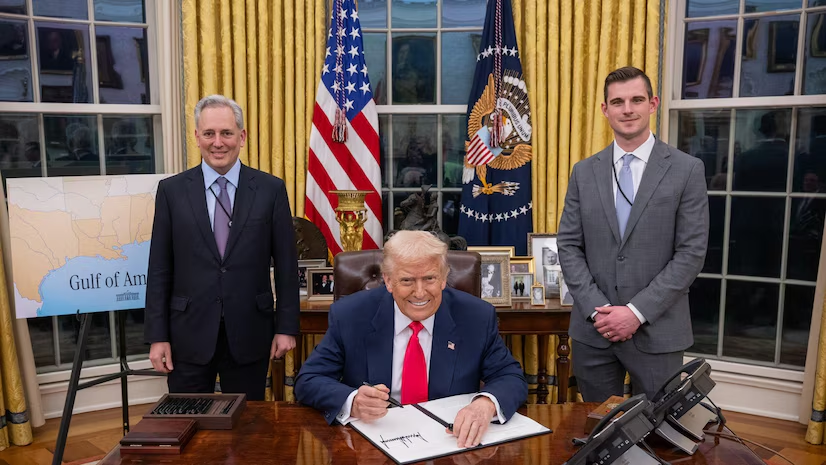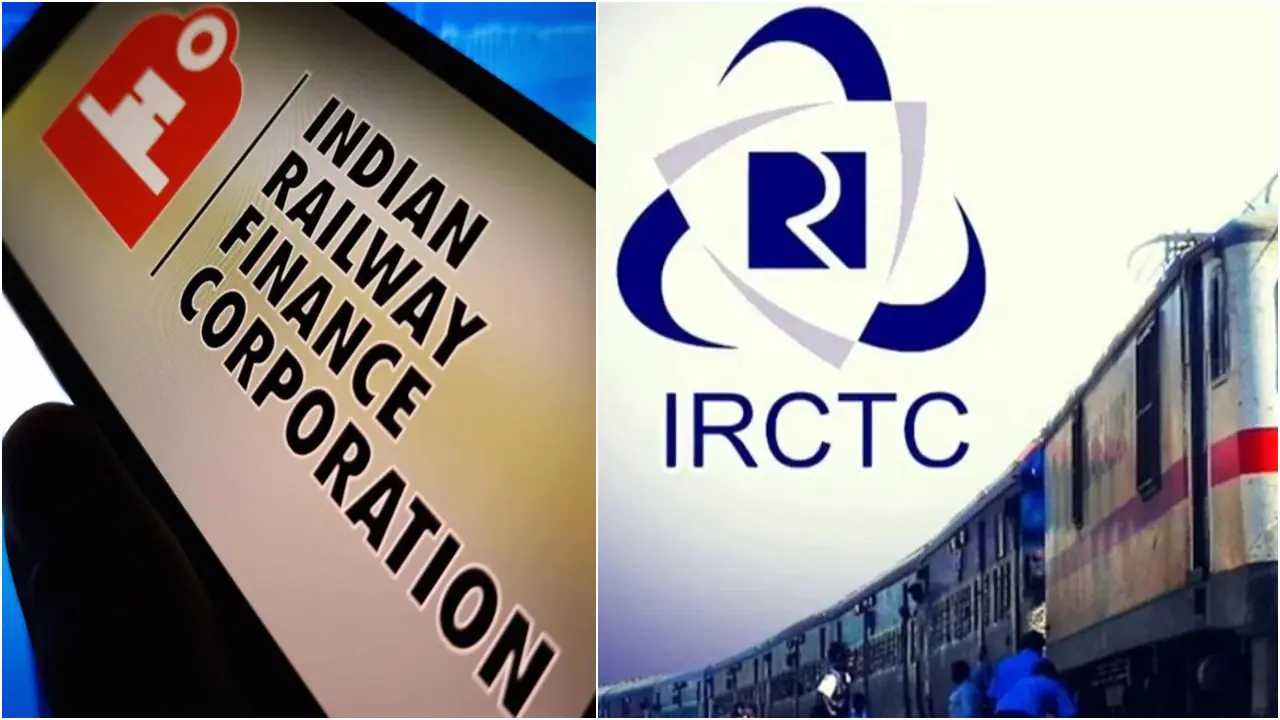- Courses
- GS Full Course 1 Year
- GS Full Course 2 Year
- GS Full Course 3 Year
- GS Full Course Till Selection
- CSAT
- 5 LAYERED ARJUNA Mentorship
- Public Administration Optional
- Online Program
- GS Recorded Course
- NCERT Batch
- Polity Module Course
- Geography Module Course
- Economy Module Course
- AMAC Module Course
- Modern India, Post Independence & World History Module Course
- Environment Module Course
- Governance Module Course
- Science & Tech. Module Course
- International Relations and Internal Security Module Course
- Disaster Management Module Course
- Ethics Module Course
- Essay Module Course
- Current Affairs Module Course
- ABOUT US
- OUR TOPPERS
- TEST SERIES
- FREE STUDY MATERIAL
- VIDEOS
- CONTACT US
50 Years of the Chipko Movement: A Legacy of Environmental Activism
50 Years of the Chipko Movement: A Legacy of Environmental Activism
The Chipko Movement originated in Uttarakhand in 1973, recently marked its 50th anniversary.
- This nonviolent agitation aimed to protect forests from deforestation caused by commercial logging.
- The legacy of the Chipko movement reminds us that ordinary people can make a difference in protecting the environment and promoting sustainable practices.
- Its 50th anniversary is a time to reflect on its achievements and continue the fight for a greener and more equitable future.
What was the Chipko Movement?
The movement began when villagers, mainly women, in the Himalayan villages of Reni and Mandal embraced trees to stop them from being cut. The word "Chipko" means "to embrace" in Hindi, which reflects the protesters' primary tactic.
Key Figures and Leaders:
- Chandi Prasad Bhatt: A Gandhian social activist and environmentalist who founded the Dasholi Gram Swarajya Mandal (DGSM), which played an important role in organising the movement.
- Sundarlal Bahuguna: A Gandhian activist who played a crucial role in spreading awareness and mobilising people against deforestation.
- Gaura Devi: A village woman who led a group of women in Reni to confront loggers, becoming an icon of resistance.
Philosophy Behind the Movement:
The Chipko movement was based on Gandhian principles of non-violence and harmony with nature. Its objective was to empower local communities and give them a voice in decision making regarding natural resources.
Impact:
The Chipko Movement achieved significant success, including:
-
Policy Changes: It led to a ban on commercial felling of trees above a certain slope and elevation in 1981.
-
Inspiration for Similar Movements: The movement inspired similar environmental protests across India and internationally.
-
Empowerment of Women: The movement played a crucial role in empowering women and recognizing their contributions to environmental conservation.
Relevance in 2024:
The Chipko movement remains relevant today, serving as an inspiration for grassroots activism and a reminder of the power of collective action. Its principles of sustainability, community participation and nonviolent resistance remain important in addressing contemporary environmental challenges such as climate change and deforestation.
Other Similar Environmental Movements:
|
Name of Movement |
Year |
Place |
Leaders |
Details |
|
Bishnoi Movement |
1700 |
Khejuri, Manvar region in Rajasthan |
Amrita Devi |
Used to hug trees to stop their cutting. |
|
Chipko Movement |
1973 |
Uttarakhand |
Sunderlal Bahuguna |
The main objective was to protect the trees on the Himalayan slopes from the axes of contractors of the Tehri Dam project. |
|
Silent Valley Movement |
1978 |
Silent Valley, Kerala |
Kerala Sastra Sahitya Parishad |
A movement against the Silent Valley Hydroelectric Project. In November 1983, the Silent Valley Hydroelectric Project was cancelled. In 1985, Prime Minister Rajiv Gandhi inaugurated the Silent Valley National Park. |
|
Appiko Movement |
1982 |
Singhbhum district of Jharkhand |
Tribals |
Against government plans to replace the natural forest with Teak plantations. |
|
Save Aarey Movement |
2019 |
Aarey National Park in Mumbai |
Medha Patkar, Arundhati Roy, and various NGOs |
Against the felling of trees in the Aarey Colony for the Mumbai Metro Limited's (MMRLC) project. |
|
Save Dehing-Patkai |
Nov 2019 |
Dehing-Patkai Wildlife Sanctuary in Assam |
Rohit Chaudhary, Adil Hussain, Randeep Hooda, and Joi Jadav Payeng |
A movement against the decision by the National Board of Wildlife (NBWL) to allow mining in the Dehing-Patkai Sanctuary. |
|
Save the Sundarbans |
2019-2020 |
The Sundarbans, West Bengal |
All Assam Students' Union and All Assam Matak Youth Students' Union |
A campaign to raise awareness about the threats to the Sundarbans mangrove forest after Cyclone Amphan in May 2020. |



